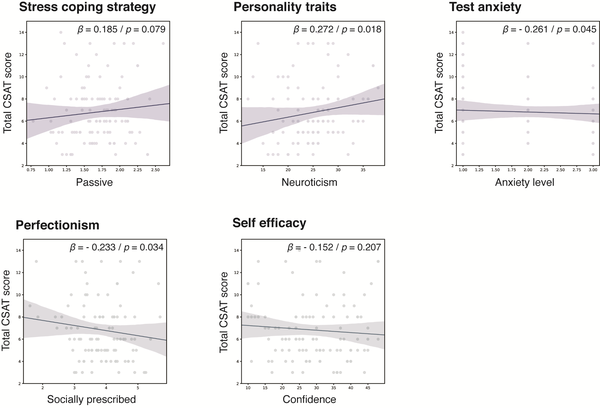Students enrolled in Seoul National University's (SNU) College of Medicine, a prominent intellectual community in Korea, exhibited lower levels of test anxiety or nervousness compared to their counterparts in other universities, a study revealed. Also, these students demonstrated a reduced preoccupation with external expectations.

A research team, led by Professor Oh Sang-hoon at the Department of Psychiatry of Uijeongbu Eulji Medical Center, recruited 102 medical school students at SNU and evaluated physiological factors. They published the study results in BMC Psychology, the hospital said on Tuesday.
The researchers measured academic performance using the College Scholastic Ability Test, known as suneung, and the current college grade.
Psychological factors included test anxiety, perfectionism, personality traits, resilience, and self-efficacy.

The findings showed that students at SNU College of Medicine demonstrated lower test anxiety, less neuroticism, and less socially prescribed perfectionism than the comparison group.
Also, they showed higher self-efficacy, or the belief that one can organize the actions required to perform a task, than the comparison group.
The research team identified test anxiety, perfectionism, and neuroticism as psychological factors that are directly linked to academic performance.
“Neuroticism is a personality trait and is difficult to change. But if test anxiety and perfectionism are controlled at an appropriate level through cognitive behavioral therapy, they can improve academic performance," Professor Oh said. "Test anxiety and perfectionism should be managed at an appropriate level rather than eliminated to achieve good results."
Oh went on to say that if academic stress is left unmanaged, it can lead to academic burnout and a lower academic performance.
“To achieve high academic performance, we must not only provide students with a good educational environment but also take care of their minds,” he added.

